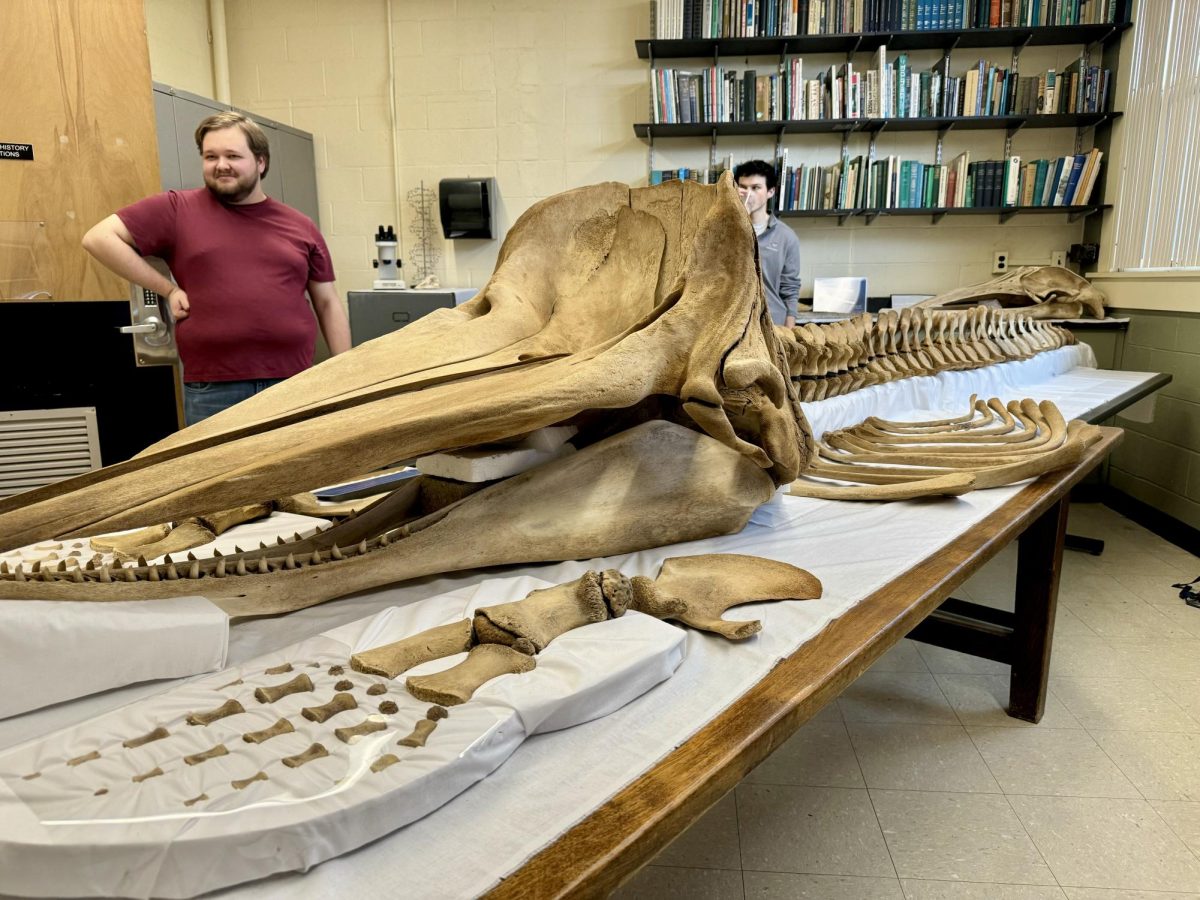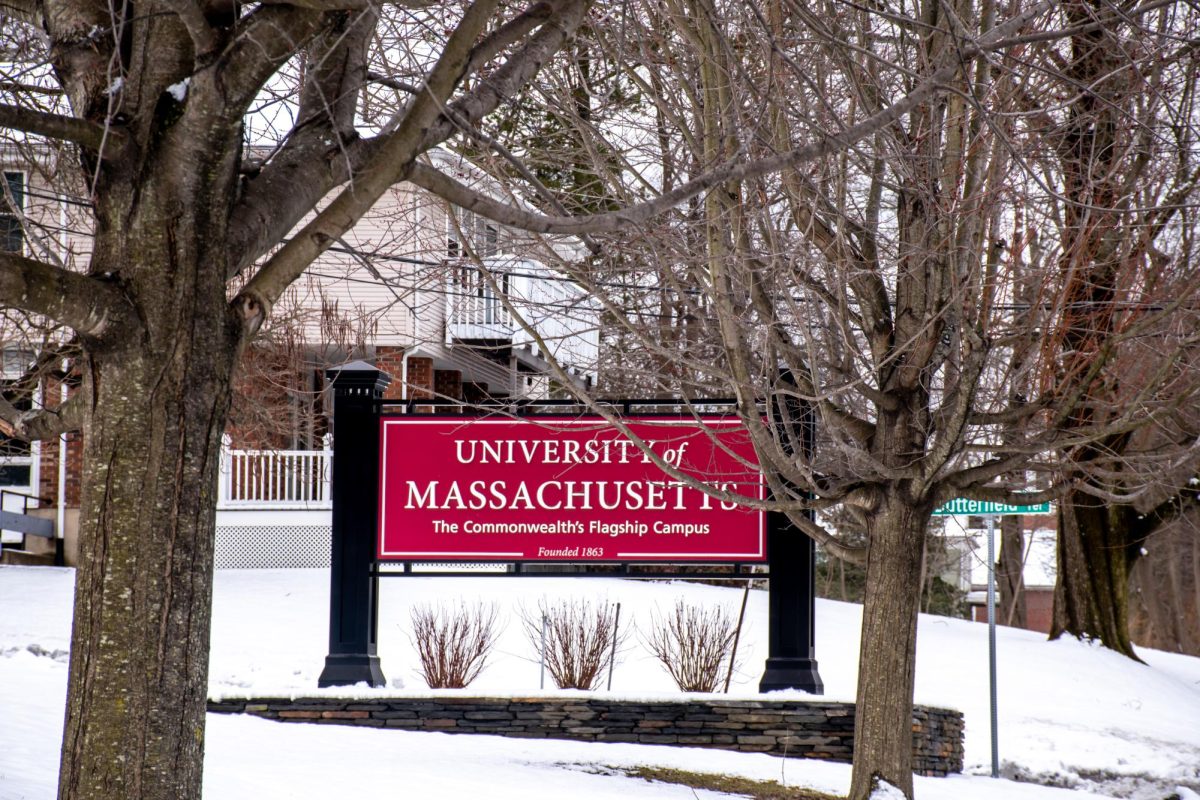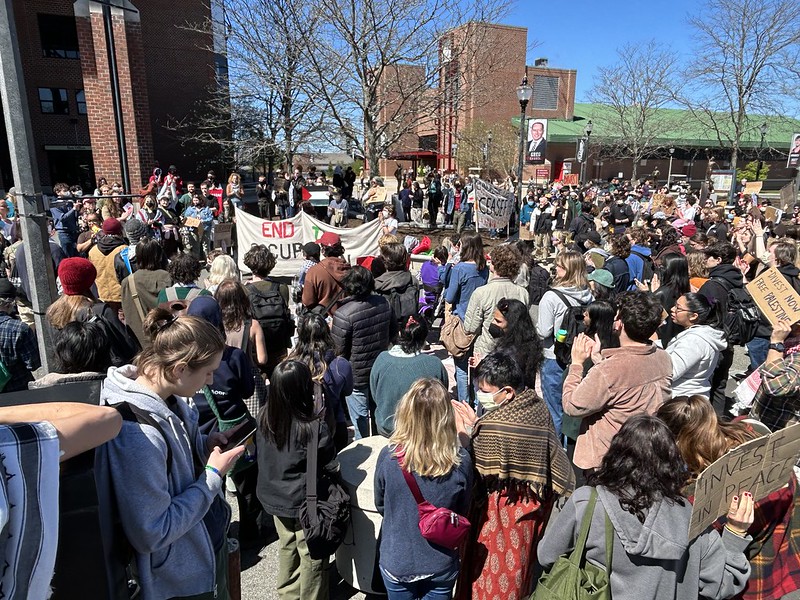“What are they walking out for this year?”
We overheard one faculty member make this remark to another while we were passing out flyers advertising the national student walkout. This response exemplifies a common reaction to what many call “recycled protest.” We have been using many of the same tactics year after year, especially on the UMass campus.
Each time an issue comes up, we mobilize with the same arsenal of tactics: we flyer, as if people read our flyers; we table, as if we’re reaching a larger group of students than our friends; we hold meetings, as if we want to be there; and we stage rallies, as if we expect everyone to spontaneously join us. And while many tactics were very effective when they were introduced, and still are to some extent today, the constantly evolving world – the people, the issues, the larger society – requires us to meet challenges with fresh, creative responses. As the police, the media and other authorities (like the UMass administration and bureaucracy) continue to adapt in order to marginalize our efforts, we must strive to be one step ahead.
There are a large number of student groups dedicated to working on the anti-war cause throughout the country. Though these groups are often very effective, as students who are active on these projects, we have felt frustrated. Our frustration stems from the apathy of the general student body towards issues as important as the pending war with Iraq.
We also feel that some of the tactics that activists use to deal with an uninvolved population and an unresponsive government may be ineffective. While we don’t want to minimize the work of well-intentioned people – including ourselves – we think a critical analysis of our tactics and approaches will only make us more effective as organizers. Motivated by these frustrations, we decided to try to plan an action that both reached a larger audience and tried a new approach (at least new to recent UMass organizing). Our goal was to try to do something that people couldn’t ignore, or write off as the “same old stuff.” A group of us took three days to plan an action we felt could address our frustrations while at the same time spread the word about the March 5 student walkout.
The result was a march styled after a funeral procession. We used a cardboard coffin, dressed in black, and carried a banner advertising the walkout. Instead of following a more traditional route of marching around the campus, we chose to actually walk through classrooms and hand out flyers directly to students. We made up a chant, “No war, no doubt, March 5 walk out,” which we sang continually as we marched to and through lecture halls. We made a point of marching through the campus center and student union during the lunch hour – a time when these buildings are the most crowded with students.
This type of tactic is important because it pushes the boundaries of “acceptable” activism on campus. It also was an “in your face” way of metaphorically demonstrating the disruptive nature of war. We knew we would upset a lot of people by walking unannounced through classrooms, but that was a response we wanted. We felt that the parallel we could draw between our action disrupting the daily routine of students and the disruption to life in Iraq if war starts was just as important as promoting the walkout.
We recognize the need to mix traditional tactics – handing out flyers, chanting, writing a follow-up article – with new ideas like the one we tried. Taking risks and having a critique of the efforts we participate in is essential in keeping them alive. Intensifying an action such as the funeral procession by walking through classrooms was our way of trying to live out this ideal.
We see the action we did as one attempt at trying to find the balance between introducing new elements while utilizing tried and true methods. Only through continually critiquing our actions can our struggles and tactics evolve.
Katie Eident and Ian Trefethen are UMass students.






